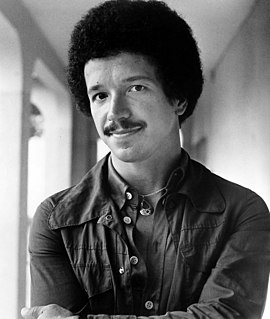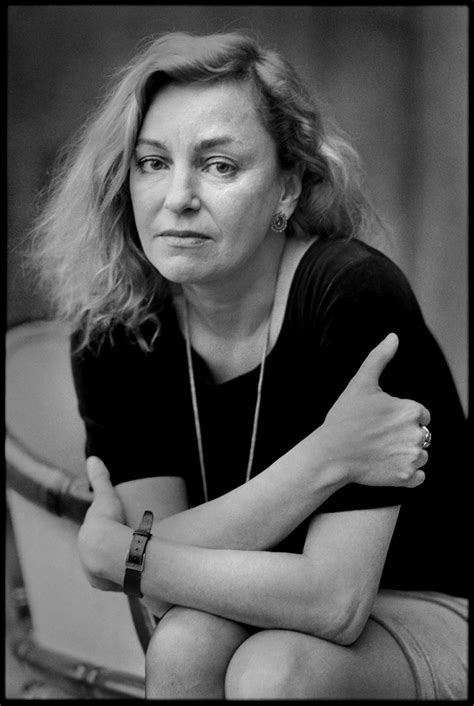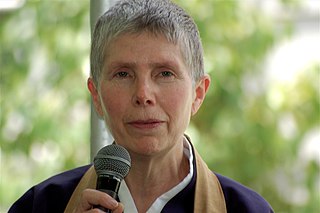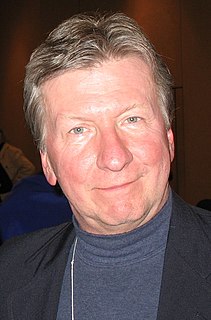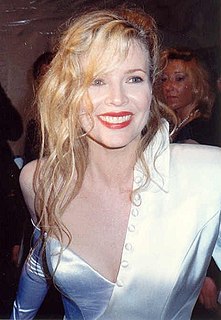A Quote by Mohsin Hamid
I don't listen to music when I write. I need silence so I can hear the sound of the words.
Related Quotes
Several times a day, stop and just listen. Open your hearing 360 degrees, as if your ears were giant radar dishes. Listen to the obvious sounds, and the subtle sounds?in your body, in the room, in the building, and outside. Listen as if you had just landed from a foreign planet and didn?t know what was making these sounds. See if you can hear all sounds as music being played just for you. Even in what is called silence there is sound. To hear such subtle sound, the mind must be very quiet.
To listen fully means to pay close attention to what is being said beneath the words. You listen not only to the 'music,' but to the essence of the person speaking. You listen not only for what someone knows, but for what he or she is. Ears operate at the speed of sound, which is far slower than the speed of light the eyes take in. Generative listening is the art of developing deeper silences in yourself, so you can slow our mind's hearing to your ears' natural speed, and hear beneath the words to their meaning.
The beginning of prayer is silence. If we really want to pray we must first learn to listen, for in the silence of the heart God speaks. And to be able to see that silence, to be able to hear God we need a clean heart; for a clean heart can see God, can hear God, can listen to God; and then only from the fullness of our heart can we speak to God. But we cannot speak unless we have listened, unless we have made that connection with God in the silence of our heart.
I'm very interested in vertical space.I want the players to listen to their sound in such a way that they hear the complete sound they make before they make another one. So that means that they hear the tail of the sound. Because of the reverberation, there's always more to the sound than just the sound.
It is raining and you can hear the pattern of the drops. You can hear it with your ears, or you can hear it out of that deep silence. If you hear it with complete silence of the mind, then the beauty of it is such that cannot be put into words or onto canvas, because that beauty is something beyond self-expression .
The secret of understanding poetry is to hear poetry's words as what they are: the full self's most intimate speech, half waking, half dream. You listen to a poem as you might listen to someone you love who tells you their truest day. Their words might weep, joke, whirl, leap. What's unspoken in the words will still be heard. It's also the way we listen to music: You don't look for extractable meaning, but to be moved.
We need silence to be alone with God, to speak to him, to listen to him, to ponder his words deep in our hearts. We need to be alone with God in silence to be renewed and transformed. Silence gives us a new outlook on life. In it we are filled with the energy of God himself that makes us do all things with joy.

